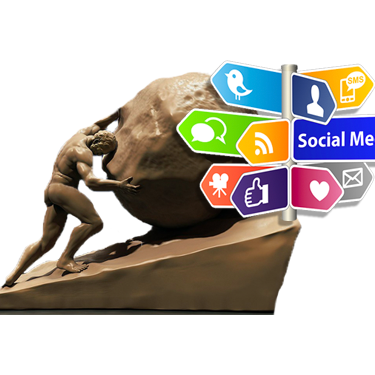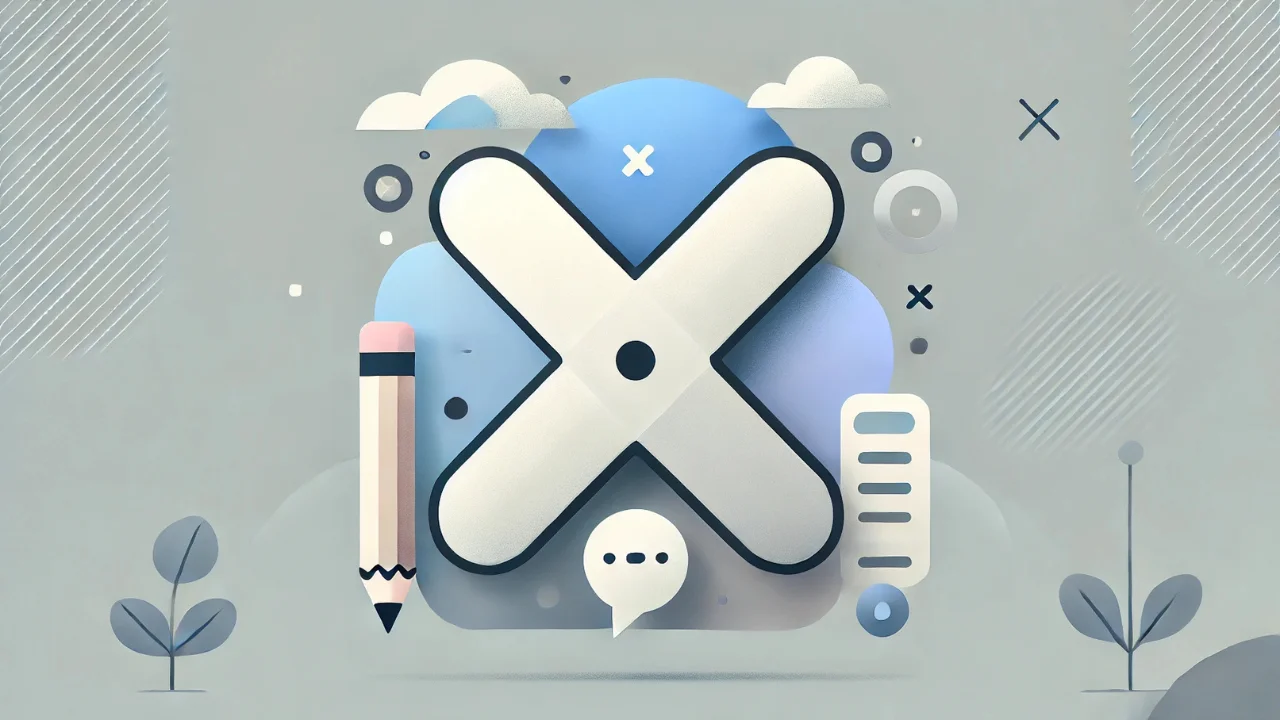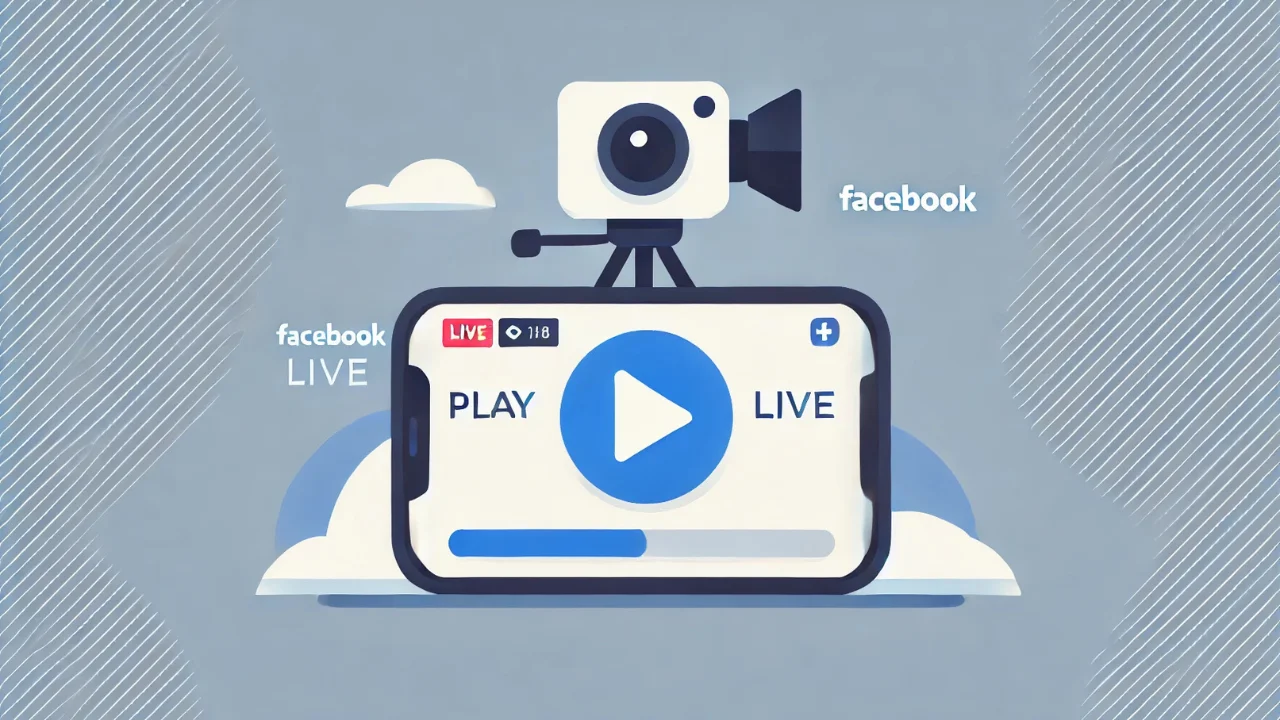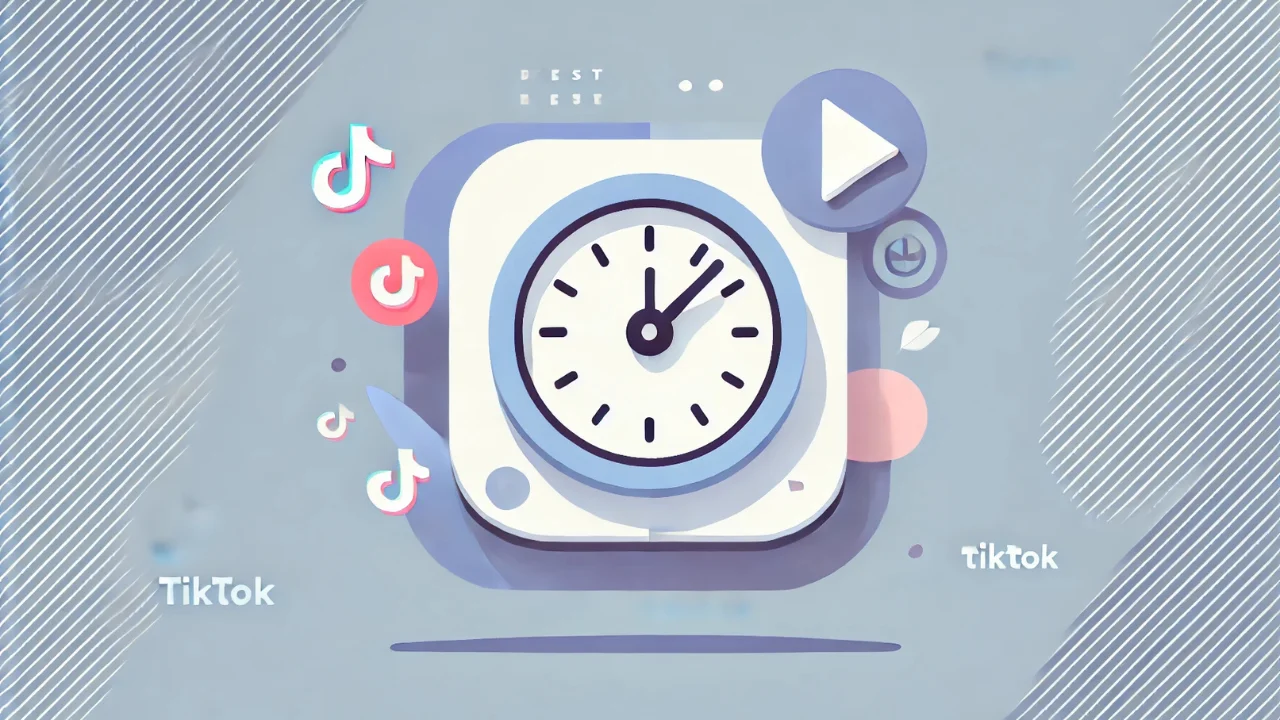Take a good idea, find a nice venue, gather speakers and print attractive flyers – half the battle if you have decided to create an event for many people. What is the other half like? Something not less nuanced – the ability to promote an event the way you can gather as many interested and right participants as possible.
However, you’re lucky that this skill is not given by birth and can be developed by experience and tries, so welcome to the short guide on promoting your great events.
5 questions
To smoothly come through the rest of the points, answer the following 5 simple but very important questions:
- Whom do you want to attract?
- Where can you find those people?
- How to address them and how to communicate with them?
- What do they want from the event?
- How to give them what they want ?
To start with
- Create events on social networks which your audience uses. But do not stick to stereotypes: for example, Instagram and Snapchat are perfect not only for fashion parties and shop events but also for promoting an educational seminar.
- Place events on free online billboards and forums. You can’t overdo – the more resources are covered, the higher chances your announces have to hit the target. Note that not only good but also effective reach is important. For example, if your event is dedicated to goldfishes, goldfish lovers forum is an important source of information.
- Contact local groups on social networks of your city or area – they are always interested in good leisure activities for citizens.
- Find the contact details of your niche venue managers: both online (magazines, blogs, public spaces) and offline (concert clubs, coffee shops, stores) will work.
- Attract influencers which are truly interested in the event theme. This way you will get the best advertising at first hand which at the same time will not look exaggerated.
Placing links to an event, do not forget to add a Google analytics code to the announcement – this way you will learn what advertising resource is the most efficient and use it next time.
By the way, do you remember the rule the more you see or come across something – the more you like it? Well, it doesn’t work for the event promoting. If you are too obtrusive and flood your friends’ and followers’ feed with the event announcements, they will most likely start hating you instead of having a strong desire to come.
How to announce
The best way to announce an event is doing it in advance but not too early to forget about it. The most relevant time period is 1-2 weeks before the event. During this period of time, you can tell many people about an event, and they will not forget about it.
There is a simple rule for the very announcement: be inventive, honest and informative:
- Full the visual part with information – show what to expect from the event.
- Share funny or interesting information on the event topic.
- Create your unique hashtag and use it (everywhere) to make it easy to find you.
- Always and everywhere add links to the event website.
- Create a map and a clear location scheme for your participants so that they can quickly find the venue.
- Reply to messages and comments to make people understand that all the information is up-to-date and you are ready to share the details.
- Create original event reminders: do not write every day about how cool it will be, instead make interesting content (a photo, video or joke) which will remind the followers about you and the forthcoming event.
Communication nuances and feedback
Relate your audience’s expectations to your style. So, if it is a serious lecture or masterclass, do not post memes and ambiguous quotes: they may lead to misunderstandings, and the confidence in the event will go down.
And the main thing: do not relax. When your event is over, the work with your audience does not come to an end. Unless, you want to lose those precious relationships, earned with sweat and blood.
This is what you should do:
- Thank your participants for coming and tell how glad you are to get acquainted with and organize everything for them.
- Ask how they liked the event, and take wishes, criticism, and praise into account – this is the best way to make the next event better and more successful.
- Send the participants post-event materials which may be interesting and useful to them: presentations, photos, videos, summary, etc.
And here is a not to do list:
- Do not invite all your social media friends to the event.
- Do not tag participants in photos or videos without their permission.
- Do not target advertising too much – you will get worse reach and waste your money in vain.
- Do not announce an event on every platform with most likely the same visitors, at the same time.
- Do not ignore feedback (especially, negative), delete comments or leave them without any reply.
Hmm, and now you are fully equipped, aren’t you?




